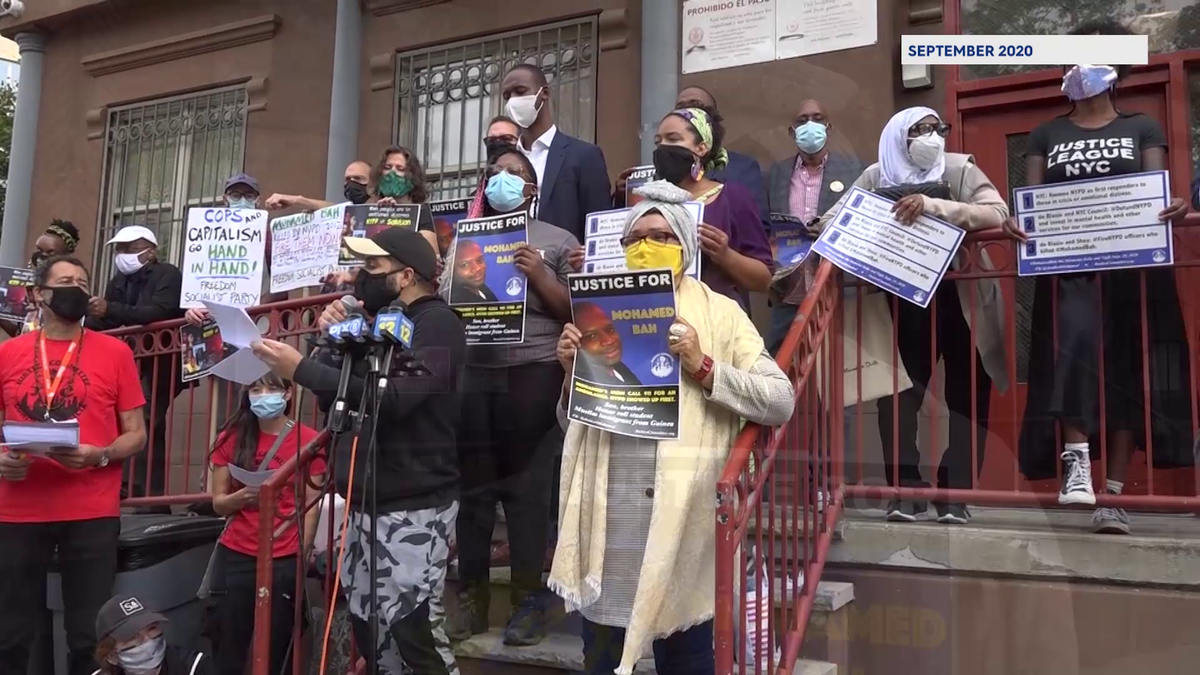Taraji P. Henson is fighting the stigma around mental illness

Talking about mental health can be hard. But the founders of the Boris Lawrence Henderson foundation, actor Taraji P. Henson and friend Tracie Jade Jenkins, who is the organization’s executive director, want to make it easier to just that.
The foundation was named after Henson’s father, who had bipolar disorder and PTSD after serving in the Vietnam War.”[My father] was very honest about his struggles,” says Henson. “He was unapologetically himself. I learned [from him] that it’s okay to fall. And just get back up and don’t fall in that hole again.”
WATCH: ‘It’s killing us.’ How Taraji P. Henson is tackling Black mental health
With the foundation, Henson and Jenkins hope to address the stigma around mental health, especially in the Black community. Black people who have a mental illness experience extra challenges due to systemic racism, says Henson. She sees how inaccurate terminology can be weaponized against people, noting that if a Black person experiences a mental health crisis publicly, they can face deadly repercussions. “We get the worst diagnoses,” she says. “We don’t get [a diagnosis] of being bipolar; we get schizophrenia. And if we have an episode, nine out of 10 times we’re going to get killed.”
The two friends have known each other since they were kids. Both have struggled with anxiety and depression, and frequently lean on each other so they can feel supported—so “it’s not a secret anymore,” says Henson. Establishing an openness with each other around mental health has been helpful, the pair say. They are working to bring all types of mental illnesses to light, from eating disorders to emotional distress from police brutality, on their Facebook Watch show, Peace of Mind with Taraji.
Jenkins emphasizes that an important way to support individuals is simply hearing them out, rather than offering advice. “I’ve learned not to compare my own struggles and challenges with somebody else’s, even if my intentions are good,” says Jenkins. “I’ve learned to ask more questions [and] offer different avenues so folks can have their own healing.”
They launched their foundation three years ago, and have been trying new things during the pandemic, including a virtual fundraiser that drove awareness (and celebrity eyeballs), leading to new partnerships.
The success feels affirming, Henson says, but she remains focused on dismantling taboos and normalizing that it’s “okay to feel like crap,” especially to those who are struggling to find community and/or financial support.
“I was compelled to do something when I started thinking about the millions of people who can’t afford [support and treatment], can’t get to it, or who just are too afraid to say, ‘I need help.’”





